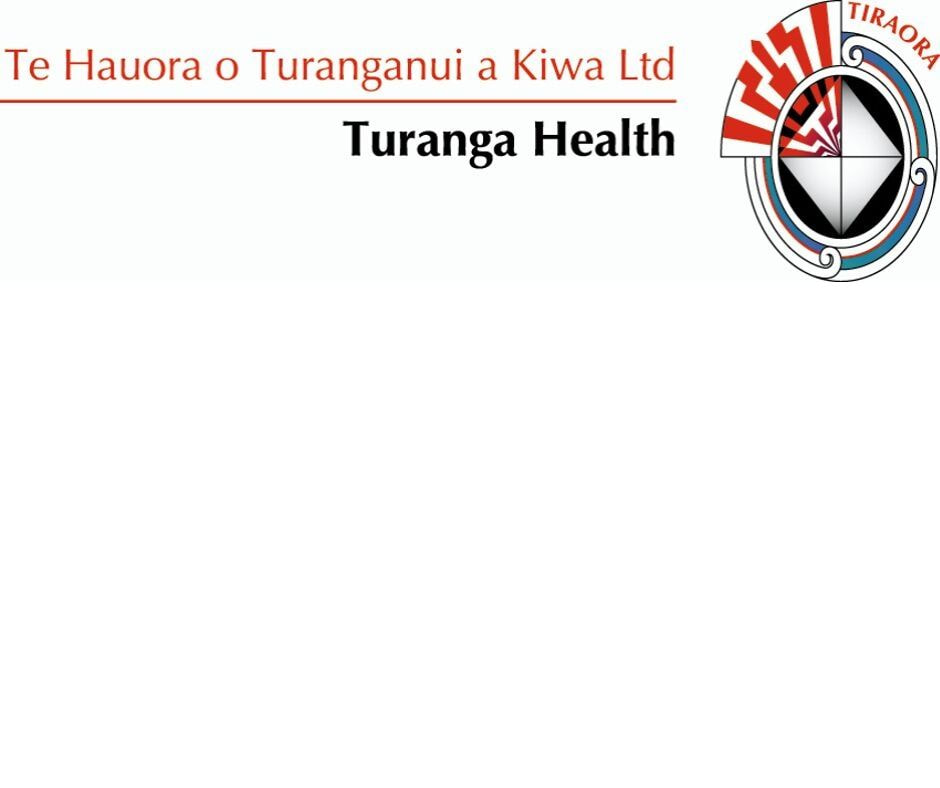 Tukaki Wanoa, Kody Te Hau and Bobby-Joe Brown-Kaiwai working towards being smokefree. Image: Strike Photography. Tukaki Wanoa, Kody Te Hau and Bobby-Joe Brown-Kaiwai working towards being smokefree. Image: Strike Photography. If there’s ever an emergency situation at Gisborne’s Cedenco Foods, factory worker Kody Te Hau is one of an elite team of staff trained in emergency response and containment. Wearing a protective suit and breathing apparatus Kody and Rescue Squad colleagues will locate and isolate the source of the leak. Rescue Squad staff do physical training every two weeks - running, climbing and practicing emergency response drills in their cumbersome hazmat suits. It’s hard work, and Kody has an extra disadvantage... he’s a smoker. “We do lots of heavy lifting, and carrying people, and I’d be sucking up oxygen, lots of oxygen, and breathing heavily,” says Kody of the training. So when Cedenco offered an on-site quit smoking programme run by Turanga Health Kody, 29, jumped at the chance to quit his disabling 15-year habit. His work mates needed to be able to count on him. “I’ve a got a six-month old and a six-year-old. That’s my motivation. But it was the responsibility of being in the Rescue Squad too. I need to be in better shape if I’m in that role.” Kody and colleagues Bobby-Joe Brown-Kaiwai and Tukaki Wanoa have just taken part in the largest quit smoking programme ever run at a Gisborne workplace. Fifty Cedenco Foods staff signed up to the 12-week challenge and just about everyone cut down their smoking. Seven quit for good. “That’s the largest group we have ever worked with in one place,” says long time smoking cessation kaiāwhina Christine Nepia, who along with colleague Mere Waihi went to huge lengths to help the Cedenco staff. “To make sure we saw as many staff as possible we were there at 5am and some days we were there again in the afternoon for the shift change,” says Mere. Cedenco Foods, which produces natural fruit and vegetable ingredients for world export, operates a three-shift cycle at its 24-hour plant. General Manager Darryl Hudson says onsite visits from Turanga Health nurses and kaiawhina are helping keep staff fit and well. He knew the smokefree programme would be a “good fit” with the mainly Maori and Pacifica staff. He also knew there would be more chance of success if the Turanga Health staff were regularly there – so he gave Christine and Mere unfettered access! “Christine and Mere ran things themselves and that was great for us. When the crew came into the café for a break they could see the smokefree ladies, blow into the machine, and talk about how to beat the addiction.” He says the company is looking at running the programme again next year. During the 12-week programme Cedenco staff did a weekly smokerlyzer test. Staff blew into a smokerlyzer machine and it revealed if they had any carbon monoxide on their breath. Carbon monoxide is the poison inhaled when people smoke. A reading under-5 means the person has not smoked that day. A low reading usually leads to an almighty cheer. The staff were awesomely supportive of each other, says Christine. “There was a real team vibe, people would awhi friends and family, and even staff not on the programme would offer congratulations when a smoker blew a low score”. The 50 Cedenco Foods staff were broken into teams of 10 people. There was a $1000 prize for the team that blew the lowest amount over 12 weeks. One whānau group saw uncles helping nephews and vice versa. For the record the ladies team called Six-to-Two-Shift won! Spot prizes of gym and pool passes, and meat, as well as prizes for effort, were announced each week and helped motivate staff. Factory worker Bobby-Joe Brown-Kaiwai says she joined the programme because she was wasting $100 a week on cigarettes that she could otherwise spend on essentials and treats. She has rheumatic heart disease and faces surgery in the future - so has more than most to gain from quitting smoking. “I got a long way to stopping smoking before, so when a programme came to work I thought I would try again.” Bobby-Joe dropped from about 20 cigarettes a day to three, and is determined to keep it at that number or less. A few weeks on from the programme Kody Te Hau enjoys better breathing in normal life and while in the Rescue Squad hazmat suit. “The suits are for protection, not comfort but it’s getting easier all the time”.
0 Comments
 A gym instructor with years of experience working with rugby players, kids, and a special Olympian, heads a new Turanga Health programme helping patients live longer, healthier and more independent lives. Bernie Semau, 30, is leading Eke Tū, Turanga Health’s long term conditions programme. The new programme offers GPs somewhere to refer patients who need extra help making positive lifestyle changes to manage or prevent a chronic condition. “When we say chronic condition we mean something like obesity, diabetes, or heart disease,” says Bernie. “It is the invisible epidemics of heart disease, stroke, diabetes, cancer and other chronic diseases that for the foreseeable future will take the greatest toll in deaths and disability in this region. However, it is by no means a future without hope,” says Bernie. “Eke Tū is a wraparound programme that will give the referred patients an opportunity to improve fitness, lose weight, and improve their overall physical and mental health.” Twenty patients, 10 from Gisborne and 10 from Te Karaka, will be selected for the four month programme based on their risk factors identified by the referring GP. “We are helping people who are showing signs of things like high blood pressure and a high Body Mass Index (BMI), as well as other clinical indicators pointing to challenges ahead for the patient.” The programme has a strong focus on physical activity. Bernie, who was previously a gym instructor at Jetts Fitness Gisborne, has developed a varied and fun, but safe programme for the referred patients. “Yes we go to the gym and we go swimming, but we have also built in plenty of outdoor exercise as well as yoga and relaxation techniques. The overall programme is monitored by a Turanga Health nurse.” As well as physical exercise there is a strong educational component to the programme. “We want to teach our patients, empower them, to take a leading role in their own care. It’s about giving them knowledge and skills, and motivation, to make good decisions in daily life.” Referring GP Mark Devcich says GPs and nurses are well aware of the need to take action to reduce the risk of early death for a patient. “We are seeing more people develop the serious complications of chronic conditions at an earlier age – heart attacks and strokes, kidney, eye and foot problems, all increasing the risk of early death or major disability in relatively young people.” Dr Devcich says he will be able to refer patients to the Turanga Health programme knowing they’ll be offered intensive professional support to lose weight, improve their diet and increase physical activity – all known to reduce the risk of chronic conditions like diabetes.” |
Media Releases
Email us if you want to receive our media releases. Archives
February 2024
|


